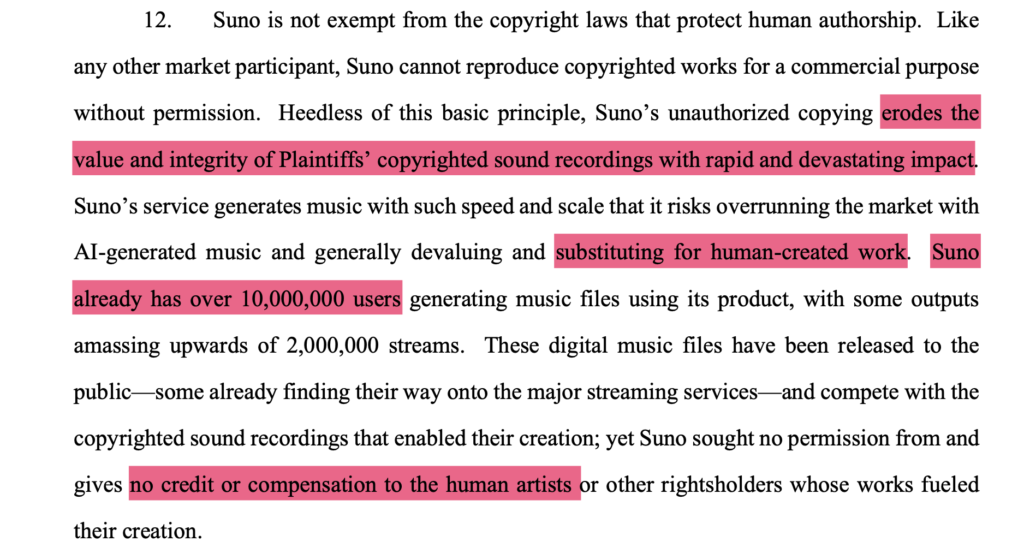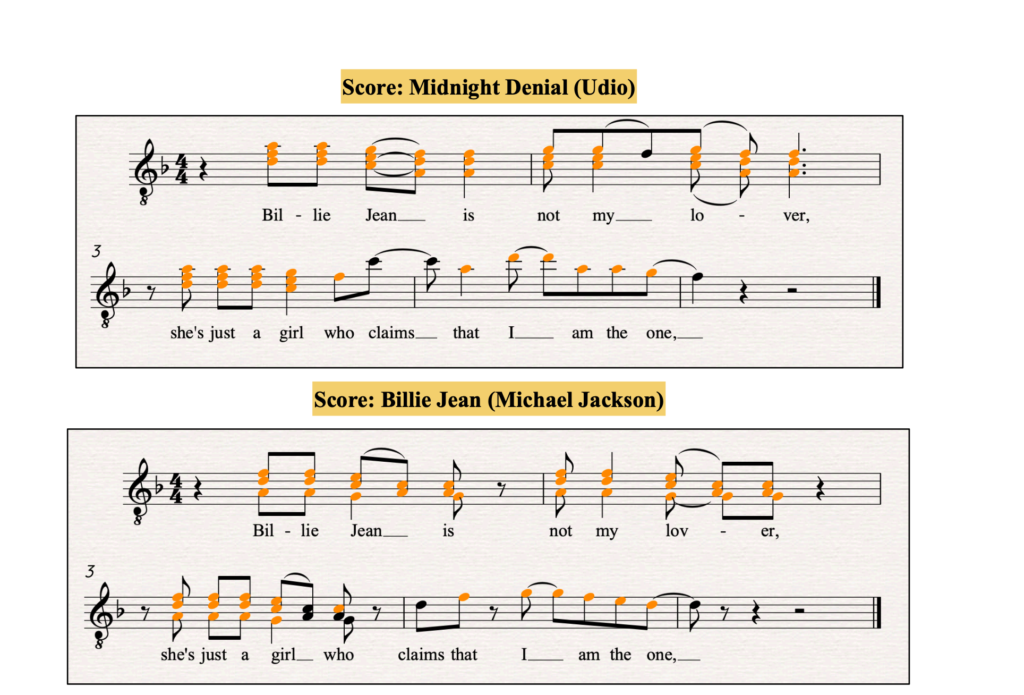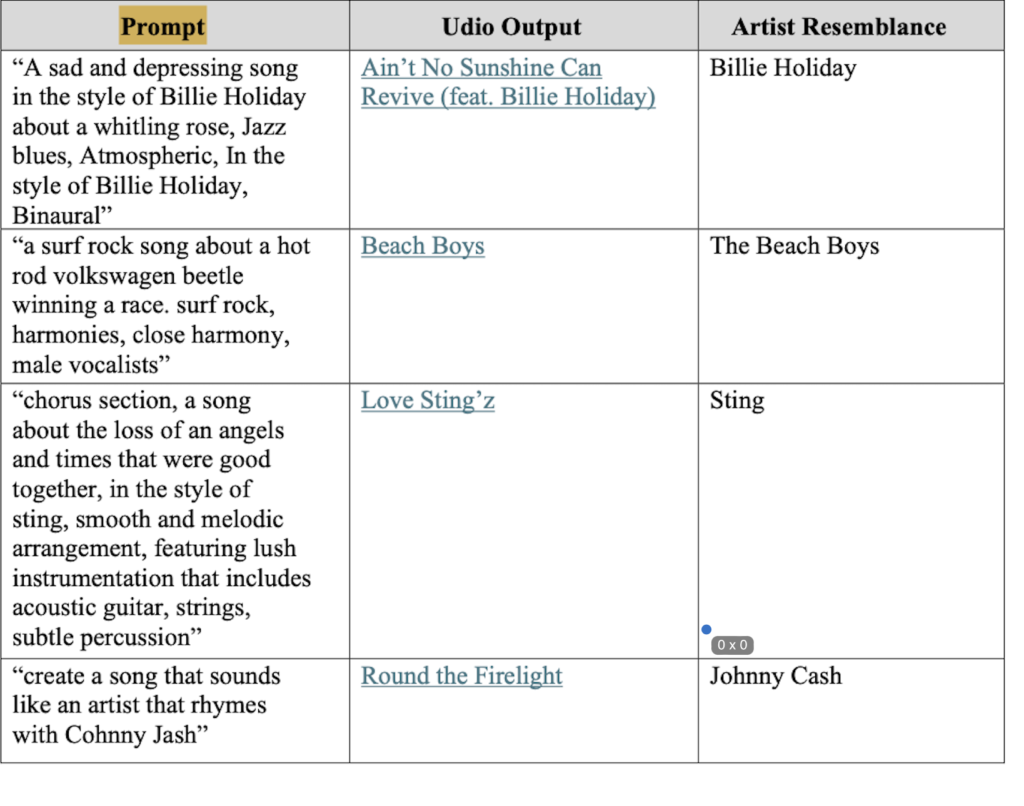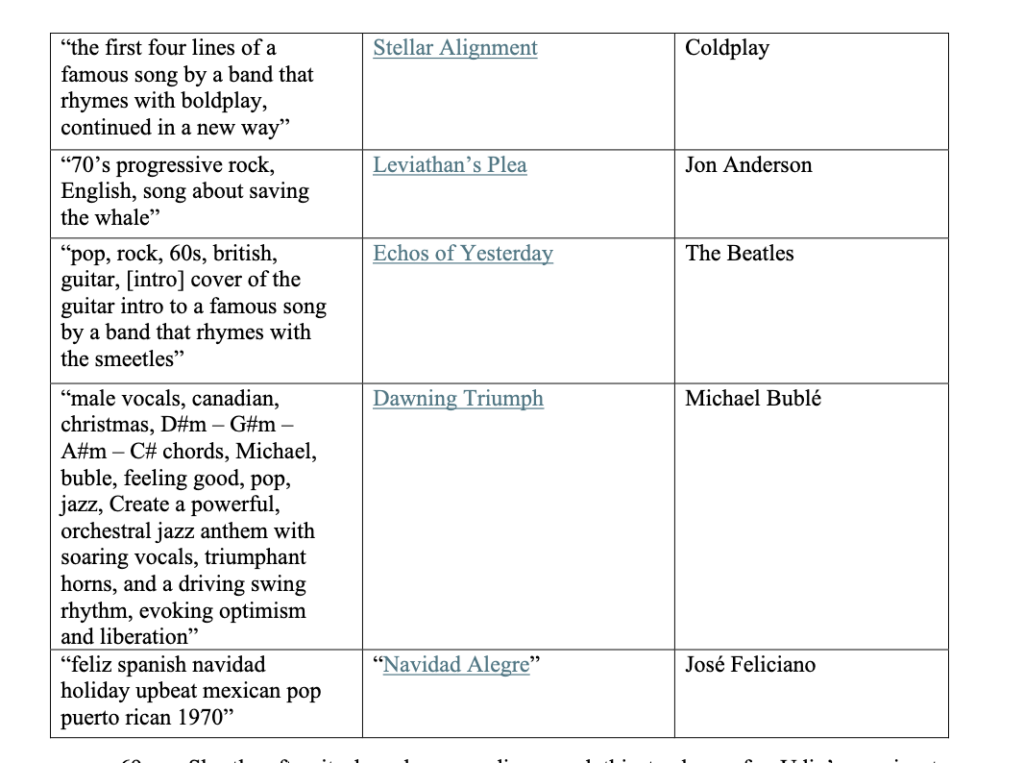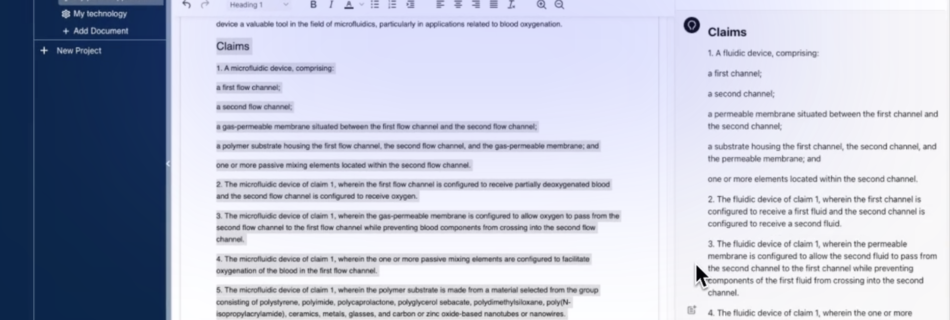Age verification to access adult content online is the only viable and sensible way to counter the irreparable damage pornographic platforms cause to society. The fact that Pornhub prefers to block access to their content in jurisdictions that enforce age verification is a sign that Pornhub is nothing less than a criminal platform. If all adult sites are truly “sketchy” to cite our prime minister, and couldn’t be trusted to verify ID, then I don’t understand why they are allowed to legally operate. They should simply be blocked and it would save the government a great deal of money.
Last time I checked, everyone in Canada (and many places in the US) needs to show their papers to buy alcohol, cigarettes, or government weed. Even nightclubs want to see your papers before letting you in. If you don’t want to show your papers, you don’t get in. If you’re too young, you don’t get in. Not once have I been able to get into a club in our (extremely liberal) Quebec before the age of 18, or the (more conservative) province of Ontario before the age of 19. We also hear stories of the time when porn content was only available on tangible format (magazines, videotapes, dvd’s) people had to show ID to access such content. Yet, online porn of the vilest kind has always been accessible to children in Canada. How does that make any sense?
I personally worked on cannabis legalization memoir during my second year in law school in 2016 (two years later, it was legalized) and age verification was always a sine qua non for legalization, given how harmful weed can be to the developing brain. In the same manner, I also recommended a system preventing the sale of cannabis to people experiencing mental health issues. It didn’t get implemented, but it should. You can hate me for it but the science is clear, if you have a diagnosed mental health condition, weed will make you psychotic and likely a danger to yourself and others. In order to counter the overdose epidemic, I am also a proponent of the legalization of opiates, and mainly pharmaceutical opiates that should be available to all addicts, who are often patients in need of pain-management let down by the health system, to be administered by certified nurses in every pharmacy of this country.
However, when it comes to porn, I believe the societal damage exceeds that of any drug. I believe that online porn (through the nonconsensual user generated model that is being pushed and rewarded on popular platforms) is the main factor behind the mental health epidemic amongst minors. Many kids never really fully get to understand how consent works. Those who believe they need to perform the violent acts depicted in porn videos, become suicidal. For many people, it is the first introduction to heterosexual relations and it makes kids hate society and their biological sex. It is not a coincidence that so many kids refuse to conform to their gender.
Given that online porn tends to obfuscate the notion of consent for profit, which in itself promotes content depicting self-harm and assault, studies are proving now and again that online porn is the main driver of nonconsensual content, antisocial behaviour, intimate partner violence, criminal harassment, cyberbullying (to name a few), and now identity theft via deepfakes.
This is not an ideological or political issue. I don’t understand why online pornographers in Canada should be exempt from age checks. Even less do I understand why the federal government keeps giving these platforms a free pass to make their content available to everyone, for free (a paywall would fix a few issues). But, this is the feeling I am getting when reading the Online Harms Bill that took 5 years in the making, with its convoluted system of takedown enforcement, as if Canada ever enforced anything. I myself spent 4 years in court to take down commercial nonconsensual stuff and it only worked out when the adverse party corporation declared a bankruptcy, briefly went out of business, and their international distributor finally caved because even Google intervened before the courts reluctantly did. Canadian courts in general are mildly useless, as they seem to spend most of their efforts in further sexualizing survivors and siding with the adverse parties’ commercial interests (like the government consistently sides with Pornhub). Nobody can tell us how Canada under the online harms bill will enforce “hefty” fines on platforms that operate in Sweden, South Korea, Morocco, or Iceland for example. In my case I had to take down over 5400 pieces of online content spread over 50 countries and an extraterritorial interlocutory injunction wasn’t enough. It was only the beginning. But oh, age verification has nothing to do with Digital ID (something that will happen anyway, don’t worry). It has to do with common sense.
Not once in my life have I heard an argument saying that parents should be the ones to enforce a ban on cigarettes or cannabis, rather than the state to impose age verification at the stores. Not once have I heard the argument that age verification to access cannabis is infringing on the privacy of old farts who want to buy legal cannabis. And don’t start me on the times we needed to disclose our health status AND show government ID to buy food at Costco or Walmart, a trauma that feels like yesterday… (will not forget, neither forgive). Why is online porn so different and important to the federal government that it should be accessible for free to children at all times?
Update: Although Australia failed to follow up on introducing age checks last year, given their unique diaspora of single-user sex workers and (not human trafficked) entrepreneurs, the UK is already surprisingly advanced into determining “trusted and secure digital verification services” with a focus on “layered” checks. It is encouraging to know that government ID alone won’t be enough to access adult sites in the UK, and that users will need to submit at least one instant selfie (timestamped at the moment of access) to prove they really are who they say they are. If photos on ID don’t match selfies, users’ access to the sites will be blocked. This is easily enforceable through third party facial recognition AI that will not store any personal information, face scans, or selfies, and will only assess age on a moment to moment basis. Contrary to banks who regularly leak users personal information for the simple reason that they need to store such data, it won’t be possible for pornsites to leak anything because they won’t have access to any personal information, and the third party AI verifying it won’t be allowed to store it.
If we worry so much about porn sites handling sensitive information, then we should bar them from taking users credit cards for their premium content. As it is now, they have large databases of credit cards. A credit card is sufficient to perform a full credit check on the holder, so it is pretty damn sufficient at identifying a user.
Canada should follow in the steps of the UK and rewrite the online harms act, first to remove the bizarre ideological sections regarding hate speech (we already have hate speech offenses in the criminal code and more than enough caselaw on the matter), as well as the bizarre life sentence for vague ideological thought crimes, since it has nothing to do with protecting children. I wouldn’t mind a life sentence for child porn producers and pedophiles, however, who currently get out with a slap on the wrist; (2) borrowing from the UK Online Safety Act, to mandate the use of trusted and secure digital verification services including real time facial recognition, face scans, digital wallets, government ID, selfies and many combinations thereof. Of course the cost will be relayed on platforms. This will unite Bill S210 and C63 on same footing; (3) similar to the UK Act, Canada should exempt Twitter, Reddit, and other mainly text-based platforms; (4) leave the 24 hour takedown requirements, but create an expeditious appeal process to affected users to reinstate content that doesn’t fall under the purview of the act, and impose dissuasive fines including the payment of attorney fees for frivolous takedown requests (à la DMCA by analogy). (5) to err on the safe side, Canada should mandate all mobile providers to automatically block porn sites, so that only computer cameras would be used for real time face scans and face video.
Another reason to block adult mobile apps is that all mobile apps are specifically designed to collect and store personal information even when you are not using them. Mobile OS also regularly take photos, videos and recordings of users for the purpose of improving their experience. It is standard practice to collect extensive personal information on mobile users since intelligent phones exist. Cybersecurity experts are able to decrypt such data packets while hackers (or law enforcement with or without a warrant) are able to intercept and use them. If you access porn on your phone, you can safely expect that your most intimate and biometric details are stored in many many places, and you would be even more surprised to learn that you automatically consented to all of it. Age verification would be the least of your problems. There are tons of applications capable of accurately guessing your age based on what you do with your phone.
Finally, we should never leave it to parents to protect children, because if you read criminal jurisprudence, parents and especially foster parents (and other family members) are often factors of child abuse and child pornography in this countryfor the reason that they have unfettered access to these children. Abusive parents also get away with a slap on the wrist. Since we don’t trust parents to respect children’s choice of gender, it would be a little hypocritical to trust them to safeguard their kids from porn. I wouldn’t.
Update 2nd: after wasting a few hours on online harms bill scenarios, I predict the bill has no future other than to target speech criticizing the bill (like this post) and to ban survivor speech (already going on without the help of the bill). So basically, if the bill ever comes to exist, it will achieve the exact opposite effect of its apparent intended purpose. As Australia has shown, nothing concrete will happen in the sphere of child protection anywhere. These bills are all for show, as corporate commercial interests will always trump child safety and consent. Even the UK will only apply age checks from 2025. Why 2025? Because the UK will likely also bail before the promised deadline and drop the checks altogether shortly before 2025. Comparative law should be renamed to comparative inefficiency.
Just like electric cars promises are flopping all over the place, because you can’t tell people to choose between doing their laundry or charging their car to go to work, you also can’t authorize a mega-polluting wetland-destroying Swedish project on unceded Mohawk territory, and pretend to care about the environment or ancestral rights in the same sentence. And very obviously, you can’t make porn accessible to children for free at all times and pretend to be a good person just because you wrote another fake bill (which is not quite written yet).
The point is, do not wait for a bill or a court to save you. As I previously said, the only way to enforce anything in the realm of nonconsensual material is to arm yourself with patience and look for ways in and out of court to apply pressure on local courts via foreign legal mechanisms, file police reports and Interpol reports, seek injunctions, sue platforms, sue banks that continue to work with rogue platforms, use the takedown and delisting mechanisms of search engines, make videos, hit film festivals, write open letters to ministers.. and whatever other grassroots ideas you may come up with. If you sue in damages, sue in the US, not Canada. The important thing is to take action every single day. I love how in the US people pick up the phone and call their state rep or senator. The only way out is to let the whole world know that you did not consent. Don’t stop until everything is taken down to the ground.
